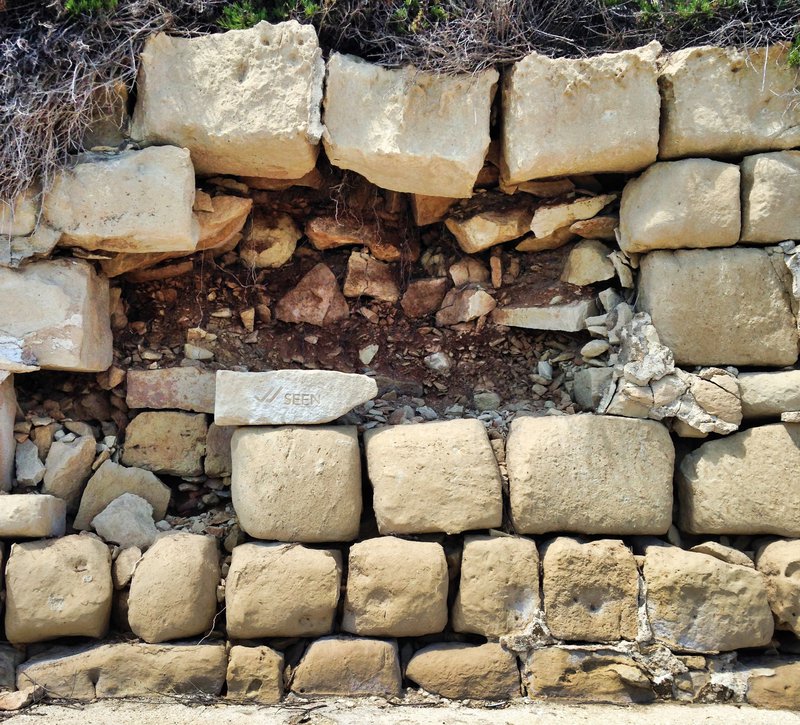Liminal futures
FoAM Filfla has embarked on a programme of self-study to better understand the tools and techniques for creative exploration of futures. We wish to develop our futuring skills and encourage an engaged re-imagining of possible futures in liminal times.
"Liminality is hard to navigate, and one can be forgiven for flailing gracelessly when attempting to do so. What makes me impatient though, is people not even recognizing liminality when it is all around them. People continuing to march into non-existent futures, like non-playable characters (NPCs) in video games making walking motions with noses pressed up against impenetrable walls. " — Venkatesh Rao
Liminality is a state in between—or in transition—from one state to another. It can be period of transformation, yet also of disorientation, waiting and indecision. Old habits, identities and beliefs begin to disintegrate in liminal states, making space for something new. The Covid-19 pandemic has thrown many of us into a liminal state with no clear path forward. Multiple futures are almost within our grasp, but discussing or otherwise engaging with these futures can be overwhelming.
We are interested in futuring as a creative process, capable of restoring a sense of agency and possibility. We explore imaginative approaches to futures by combining tools from Futures studies, hosting and process facilitation, performing arts, visual art, design and storytelling, among others. We use collaborative action research methods to learn about futuring in the fields of arts and design and Appreciative Inquiry to build on what is already working well. In conversation with our mentors, futurists and designers, we collect and experiment with future-probing methods. We are particularly keen to learn, develop and document tools that can be adapted to online workshops with teens, young adults and culture makers.
The question of how our studio can practice futuring, with the added complication of physical distance, cropped up. As unpredictable lockdowns and increased social distancing will likely continue for a while, this seems an opportune moment to look into the techniques, approaches, online platforms and other (shared) resources to practice futures online. Furthermore, hosting futuring circles online would make the practice more accessible to distributed groups of participants, considering that physical location would no longer be a limiting factor.

Precarious keystone found on Manoel (Quarantine) Island, Malta 2019, "Seen" by Johannes
"The complex uncertainties of our times make engaging with futures increasingly challenging...Being prepared for an uncertain future may at first appear paradoxical, yet this mindset is essential in facing contemporary global turbulences of climate change, global weirding, mass extinction, economic and social crises, which promise to destabilise our best laid plans. Rather than providing pre-packaged images of possible futures however, it is important to encourage do-it-yourself and do-it-together attitudes towards the creation and exploration of futures. Awareness of the multiplicity of futures and the possibility of influencing the course of one’s own life lays the foundation for a pervasive future preparedness." —The Art of Futuring, Maja Kuzmanovic and Nik Gaffney
Created: 22 Jun 2020 / Updated: 15 Sep 2021


